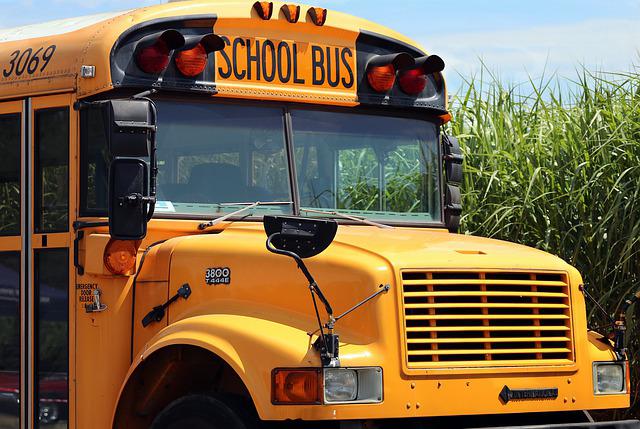What if a contact tracer calls me?
Published 4:07 pm Thursday, August 13, 2020
|
Getting your Trinity Audio player ready...
|
As the commonwealth continues to navigate the ongoing coronavirus pandemic, the possibility of receiving a call from a contact tracer leaves residents with many questions about what they will be asked and how to determine the authenticity of the call.
Contact tracing, according to the Virginia Department of Health (VDH) is an important tool used every day to track contagious diseases, including measles, tuberculosis and, recently, COVID-19.
According to Dr. Kara Ann McRae, a COVID-19 emergency response epidemiologist with the Piedmont Health District, some individuals contacted by contact tracers have doubts the person on the other end of the line is indeed a state health worker, fearing the call may be some sort of scam.
This type of interaction, while understandable, can cause issues with tracking and mitigating the coronavirus.
McRae said sometimes residents have doubts about contact tracing phone calls because cellphone numbers used by tracers may not register as being from a state employee. She said there are a number of ways citizens can confirm the employee is who they say they are.
First, McRae said, residents can take down the tracer’s number and call the person back to confirm they are speaking with the same person. They can also ask the tracer to email them from their virginia.gov email address, or verify who they are by calling the health district for whom the tracer works.
According to the Centers for Disease Control and Prevention (CDC) a contact tracer will never ask you for money, your social security number or your salary or bank account information.
But if a contact tracer does contact you, what questions will they have, and how will the phone call go?
McRae stressed the health district as a public health agency tries to be very conscious of who employees are calling, making sure to confirm the person who answers the call is who they want to speak with.
As such, contact tracers for the Piedmont Health District first identify themselves on the phone as a Virginia Department of Health employee and share their name. Once a resident confirms their identity, McRae said, the caller identifies themself as a contact tracer and follows a script.
Following the brief introduction, McRae said, the tracer will ask the resident if they have time to talk and if they need an interpreter. The caller will then obtain the resident’s demographic information, provide for them a scenario where they might have been exposed, and go back a little to ask if the person is symptomatic.
The tracer will inform the resident of symptoms associated with the virus, obtain an alternative contact, register them with the Sara Alert system, assess if the person has a way to get food and navigate other barriers the individual may face during the time they may have to be quarantined.
McRae added there is a difference between a contact tracer and a case investigator. According to McRae, a contact tracer will call with a script and is mostly doing data collection and helping to educate potentially exposed individuals.
A case investigator usually works with confirmed COVID-positive patients that VDH has been made aware of, offering information regarding isolation and ascertaining which individuals may have been exposed and need to be reached out to by contact tracers.
McRae highlighted phone calls from contact tracers are meant to be both helpful and private.
“I think that it’s important for folks to know that it is confidential,” she said. “We’re contacting contacts so that we can give accurate information, more in-depth information, and build that relationship so that we become a resource as the state moves through the different stages of this pandemic.”





